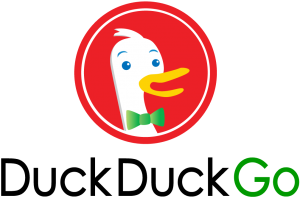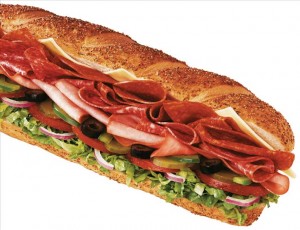Yesterday I took part in a workshop on Design Thinking. The exercise that fascinated me most was when we paired up with strangers to create a product for them. We started by empathizing with the “customer” by talking to them. My partner was international and was carrying all these receipts in his wallet for reimbursements and filing taxes back home. He clearly needed a product that digitally scanned receipts but also was able to provide the physical copies on demand in case of a tax audit.
 While ideating and brainstorming on how to solve this problem, I wrote down standard solutions like pre-stamped envelopes, pocket receipt scanners, and more. But I also wrote down “Magical receipt reading elf.” It was not a serious brainstorm, and indeed I had already started to cross it out when my partner latched onto the idea. “It’s perfect! It can eat my receipts and scan them and then if I need the physical receipts in the future it can regurgitate them on request.”
While ideating and brainstorming on how to solve this problem, I wrote down standard solutions like pre-stamped envelopes, pocket receipt scanners, and more. But I also wrote down “Magical receipt reading elf.” It was not a serious brainstorm, and indeed I had already started to cross it out when my partner latched onto the idea. “It’s perfect! It can eat my receipts and scan them and then if I need the physical receipts in the future it can regurgitate them on request.”
Yes, a magical receipt digesting elf (MRDE). With an MRDE, you don’t have to worry about carrying all your receipts. You can load them digitally into your accounting software. And, if the IRS comes knocking, you can have the elf regurgitate the receipts, sorted by date and itemized.
It’s a perfect solution to a common problem. It’s innovative. It would fly off the shelves. Problem is, it’s magic!
Magic Comes First
That got me thinking about magic, and especially Arthur C. Clarke’s observation that any sufficiently advanced technology is indistinguishable from magic. About what people have always said about Apple products, that they are like magic. And what they mean by this is that good products “just work.” They don’t ask questions of you or require your permission. They function as an extension of yourself.
Good products are one step down from magic without being magic themselves. So why not use magic in the design process? Why not design elves, fairies and spells before designing MVPs, prototypes and demos?
Our magic elf was of course not possible to build…or was it? A pocket-sized receipt scanner and storage unit is not completely unthinkable. If the magic elf that performs these functions is a perfect solution to this common problem, certainly a slightly less magical mechanical solution would be an ideal MVP.
By using a Harry Potter approach, you are no longer constrained by what’s feasible. You are only constrained by what the user wants and needs. All iterations on the magical product can be done on paper. Only when your magic spell is written, do you step down and think about how to make the magic real. I think in most cases there would be a way to do it. And if there isn’t, then start thinking about what technology you would need to be invented (or invent yourself!) for it to be reality.
I’m going to try to apply “magical thinking” to product design from now on. I’ll let you know how it goes.
In the meantime, wingardium leviosa!
 But the recent revelations about PRISM and the NSA have led to a surge in interest in cutting the chord to big cloud services like Google whose data collection practices are well known. So, following the herd, I decided it was time for me to switch my default search engine. It wasn’t enough to remember to navigate to DuckDuckGo for searches; instead, I had to change my address bar default search engine in Chrome to force me to use the new engine.
But the recent revelations about PRISM and the NSA have led to a surge in interest in cutting the chord to big cloud services like Google whose data collection practices are well known. So, following the herd, I decided it was time for me to switch my default search engine. It wasn’t enough to remember to navigate to DuckDuckGo for searches; instead, I had to change my address bar default search engine in Chrome to force me to use the new engine. We were behind a guy in his 20’s who ordered an Italiano, the sub we were going to get. The friendly sandwich samurai happily assembled the sandwich and when he was done, folded it tightly, cut it in half, then wrapped it. When it was our turn, we ordered the one big sub for two, and the sandwich artist did the exact same process to build our identical sandwich. However, this time, he folded it, wrapped it in paper, and then cut it in half.
We were behind a guy in his 20’s who ordered an Italiano, the sub we were going to get. The friendly sandwich samurai happily assembled the sandwich and when he was done, folded it tightly, cut it in half, then wrapped it. When it was our turn, we ordered the one big sub for two, and the sandwich artist did the exact same process to build our identical sandwich. However, this time, he folded it, wrapped it in paper, and then cut it in half.